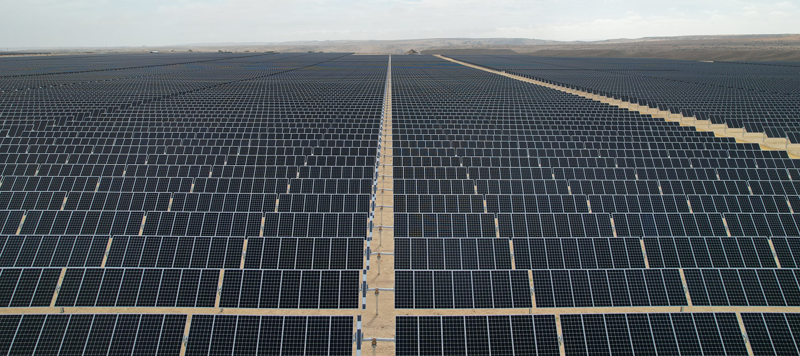Location
Portugal
Our Impact:
Sustainability
Our Specialist Brands:
Penspen
Expertise:
Energy Transition
Advancing the energy transition for a carbon-neutral national energy network.
For many countries, blending hydrogen with natural gas into the existing gas transmission network is one of the critical steps towards energy transition for a carbon-neutral energy network. Blending can allow relatively direct access to a market for hydrogen in many parts of the world.
Hydrogen blending targets the CO2 emissions generated by domestic and industrial consumption and reduces dependence on external energy sources, while having a significant practical advantage by using largely the same infrastructure.
Penspen, one of Sidara’s global energy companies, is assessing one of Portugal’s gas transmission systems to determine to what extent it may be used to distribute hydrogen, helping the country to meet the goal of climate neutrality by 2045. Compared with many European peers, Portugal is a leader in decarbonization, with hydrogen planned to play a critical role. The country has set a goal for hydrogen to meet up to two percent of its national energy demand by 2030.
Traditional gas pipelines are predominantly made of steel and can operate at high stress. However, this infrastructure can be sensitive to hydrogen. To mitigate against this, the Penspen team will develop a concept for the future H2 blending stations with compatibility and safety in focus. Solving these technical challenges will provide greater flexibility in future gas composition, and spur development in the hydrogen value chain.
To assess how feasible and safe this approach can be, the likes of material compatibility, pressure rating, and leak detection measures all need to be assessed in the context of different percentages of hydrogen being added and blended in. Furthermore, the Penspen team will assess how the pipeline and infrastructure is responding as different proportions of hydrogen are added to ensure the pipelines are safe and efficient.
When it comes to cost and efficiency there are many advantages to using existing pipeline and infrastructure for transmitting hydrogen – none less important than the need to keep prices more stable for consumers during the energy transition.
Increasing hydrogen use alongside other renewable energy sources like solar and wind is a crucial part of the energy transition and is central to many countries’ clean energy strategies.
In addition to being blended into natural gas systems, hydrogen can serve as an energy storage medium, helping to balance the intermittent nature of renewable energy sources like wind and solar. Excess electricity can be used to produce hydrogen via electrolysis and then injected into the natural gas grid for later use. The ability to decentralize production also creates a link to developing local market – locating the hydrogen closer to where it is needed and reducing transportation costs and emissions.
Location
Portugal
Our Impact:
Sustainability
Our Specialist Brands:
Penspen
Expertise:
Energy Transition



